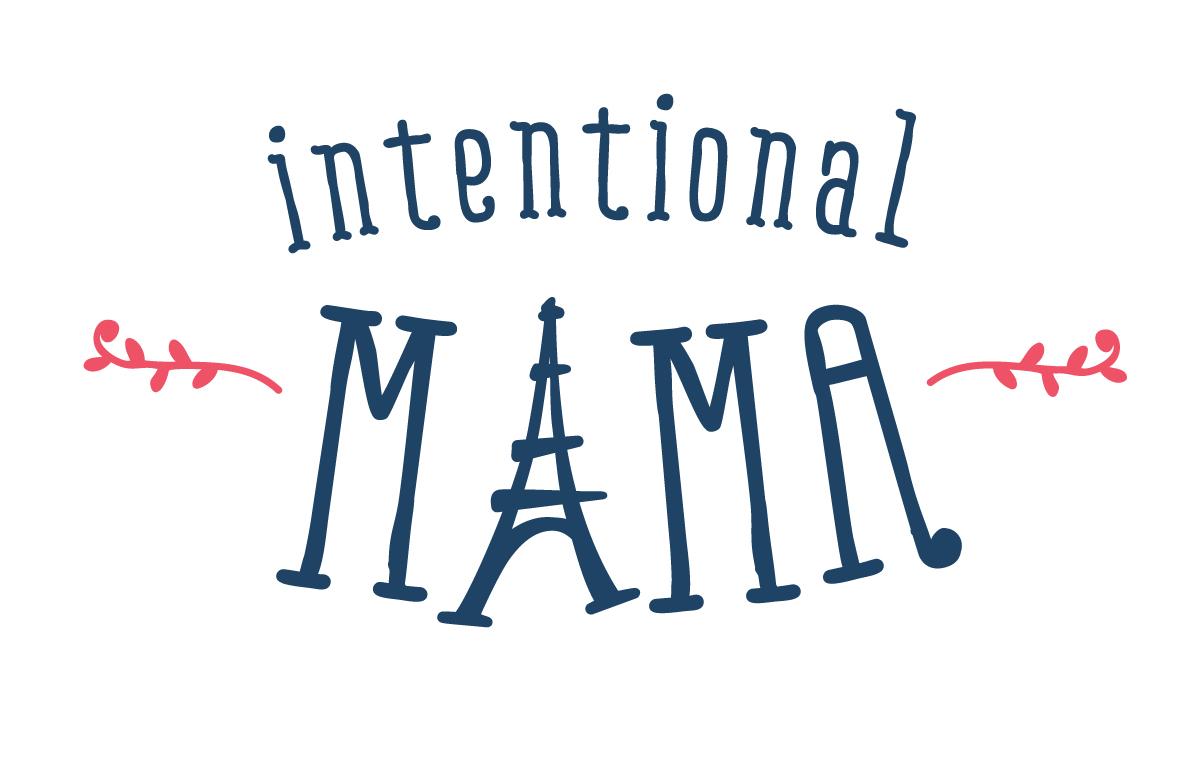Why Bringing Up Bébé Caught Americans' Attention
Do you remember the buzz surrounding Pamela Druckerman's 2012 book Bringing Up Bébé? The subtitle was One American Mother Discovers the Wisdom of French Parenting. Her book still ranks among the top twenty parenting books sold on Amazon, currently second in the motherhood subcategory. After the book's release, Time magazine included Druckerman on its list of the 100 most influential people of 2012. (Upon hearing this news, her husband dryly quipped, "You're not even the most influential person in our apartment building.")
Pamela Druckerman in a Paris café; photo by Benjamin Barda
So during her visit to Portland in 2013, Druckerman admitted her surprise at the overwhelming American media response to her book--but as a successful journalist, she's well aware that America and France have always enjoyed a bit of sibling-like rivalry. She even tried to curtail the suggestion of French cultural superiority in the book's introduction, saying, "I certainly don't suffer from a pro-France bias. Au contraire, I'm not even sure I like living [in Paris]." But the American media outlets enjoyed provoking Americans with the question of French parenting supremacy, and when this publicity arrived on top of a strong market for witty and informative parenting books, the high sales figures made sense.
As an American Francophile with a three-year-old daughter, I certainly matched the book's target audience, and I devoured its chapters like spoonfuls of mousse au chocolat. The cultural tidbits fascinated me, clarifying concepts that had remained gelatinous since my days of high school French. From learning why French men are required to wear Speedo-like briefs in public pools (presumably because swim trunks can be worn--and dirtied--about town, but Speedos cannot), to the philosophical underpinnings of l'éducation, I found myself grasping a new range of ideas that contribute to the foundations of French culture.
The hardback edition of Bringing Up Bébé
In addition, Bringing Up Bébé prepared me for French interactions that would have previously baffled me. When my French friend spoke of her son's "awakening" (l'éveil) months after I finished Druckerman's book, I knew exactly what she meant, and when my French host mother sent a written offer to watch my children (six months and three-years-old at the time) while my husband and I toured France, I knew to take her offer seriously even if I couldn't imagine accepting it. (If such concepts astonish you, mon ami(e), you must read this book to understand.)
Though I didn't come away from Bringing Up Bébé convinced that the French have terrifically healthy approaches to parenting, it opened my eyes to other ways to parent, and I am always grateful when a book can make me rethink any of my habitual approaches. I enjoyed Druckerman's wit and anecdotes along the way, although some readers were surprised that she infused the book with so much of her own parental story. In response, for the sake of those who wanted a book slimmed down to the bare principles of French parenting, Druckerman spent the following year writing a condensed, point-by-point version of her book under the title Bébé Day by Day: 100 Keys to French Parenting (released in 2013). Newly printed versions of Bringing Up Bébé now include Bébé Day by Day.
The cover of French Twist by Catherine Crawford
This fall here at Intentional Mama, I'll be addressing some of the French/American cultural parenting differences that Druckerman highlighted, and I'll also comment on Catherine Crawford's book French Twist, which was released in 2013 and took a similar (American) look at French parenting. I'll hope you'll join me here.
What is your impression of the French/American relationship: would you say it's characterized more frequently by camaraderie or compétition? If you've read Bringing Up Bébé, what insight did you glean? Did it change the way you parent?
This post contains Amazon Affiliate links.



